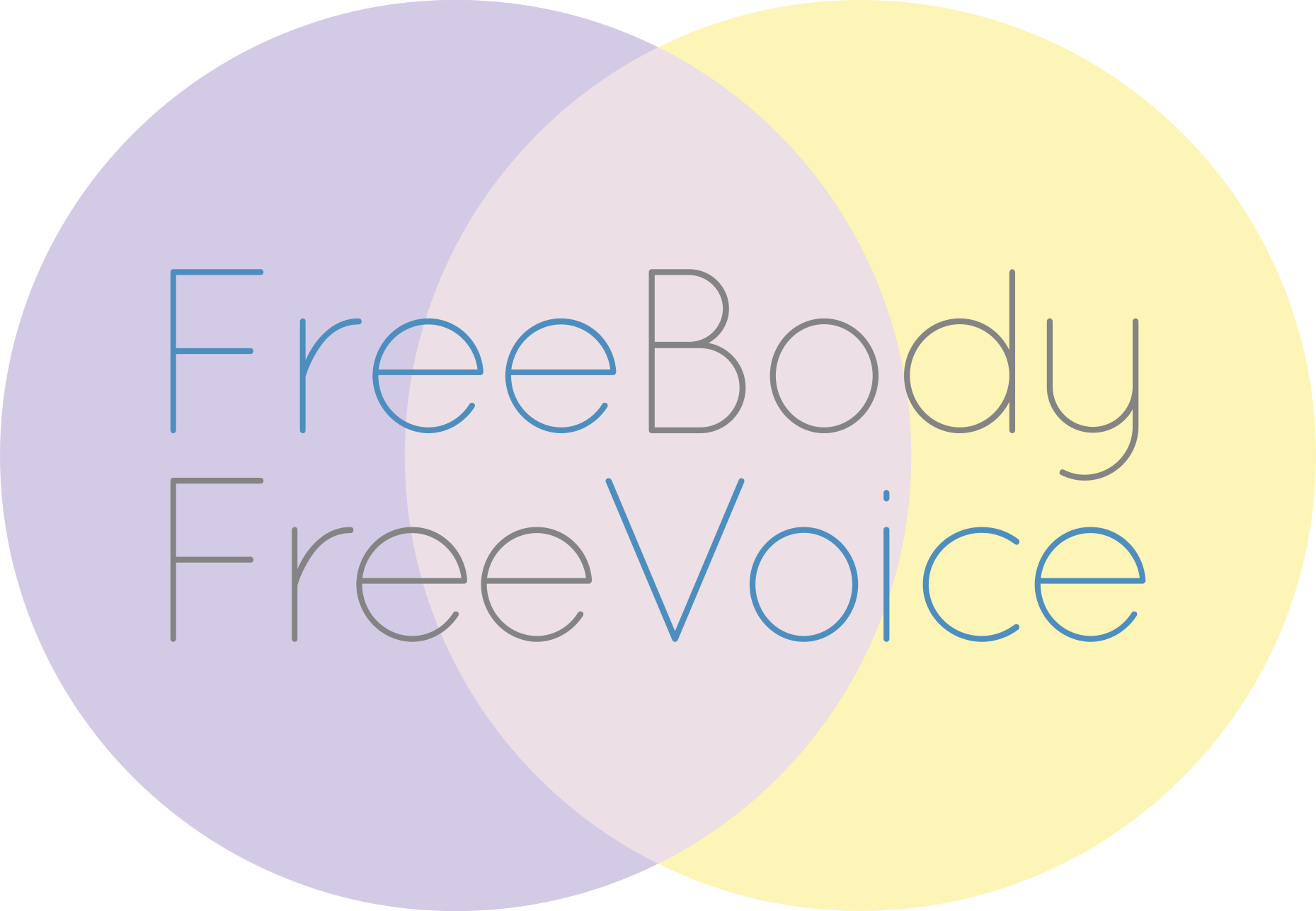Can voice lessons save your life?
Not all of my students identify as singers. I have a number of students who are seniors living in the co-op where I live. I make room in my schedule every week to see several of these neighbors for Alexander lessons or bodywork at a greatly reduced rate in order to create more of a sense of community in my life. Interestingly, these atypical students of mine have given me some of the most satisfying teaching experiences of my career. You might tend to think of older people as set in their ways, but I have found that most of the seniors I have worked with have been open to change and eager to try out new and unfamiliar things.
I'd like to introduce you to my student and upstairs neighbor Leona:
Leona is 87 years old and lives alone in an apartment on the 20th floor of my building with spectacular views over the river to New Jersey. She has had a very interesting life as a nurse and teacher of nursing in civilian and military settings (she has a doctorate in Nursing and was a lieutenant colonel in the Army). Like me, Leona has a musical background. She plays the piano and loves to sing.
The most inspiring thing about Leona is her continuing interest in learning. She is always reporting to me what she has learned during the week from various sources like reading on line, watching Dr. Oz on Oprah, or talking to healthcare professionals she is visiting. Leona has an impressive ability to turn information into useable techniques to improve her life. Her latest invention—I think she won't mind if I share this with you—reminds me of Alexander's principle of inhibition. When she catches herself in a negative thought process (often an "I can't" statement), she thinks to herself, "cancel, cancel," and rises above the limitations of that thought. She used this procedure several times during our lesson last Monday to enable her to move in ways she thought she couldn't.
A little over a year ago, I sang a few notes in one of Leona's lessons (I don't remember why), and she remarked sadly that she wished that she could still sing. She'd not only lost her singing voice, which she compared to a frog's, but was having a lot of trouble talking too. She was often able to make herself understood, especially on the phone, and was frustrated that people were misinterpreting her wishes or responding to her as though she were a doddering invalid. This was before the days of "cancel, cancel," but it occurred to me that there was nothing preventing us from doing a little voice work.
We did a mini voice lesson with Leona still lying on the table from her bodywork session. Leona was delighted to find that, with a little guidance from me, she could produce some bold sounds in her low range and even the beginnings of some higher notes too. Her eyes sparkled and she kept giggling over the new sounds she was making—in fact, we had to pause after practically every note for her to express her excitement. I knew then that we would be incorporating a little voice work into every session from then on. Little did I know, however, how important to Leona this would prove to be.
A few months ago, while reaching for something just beyond her grasp in a bookcase, Leona fell to the floor, fracturing her hip. True to form, she strove to overcome the injury with her own faculties, even attempting (and achieving) a couple of deep knee bends at her next session with me (before I could stop her!). But the injury wasn't healing and caused Leona increasing pain over the next couple of weeks. She ended up having to go into the hospital shortly before New Year's.
I won't go into all the ensuing details, but Leona has described to me a hellish series of transfers from one medical facility into another, taking her farther and farther from her home and the life she loved until she ended up in a nursing home in New Jersey. Leona, in her weakened condition, found herself battling insensitive and incompetent care, over-medication, and even enrollment against her will in a potentially risky experimental treatment program. She swore to me that the only thing that kept her from being overcome by all these negative forces was her voice that I had restored to her. She was at least able to make herself understood, even under great stress, which formerly had caused her voice to give out.
Long story short, this feisty 87-year-old used her voice to talk her way back home—against the advice of her doctors and the wishes of her (selfish) family—where she is once again flourishing and learning new things every day. (She's sure that remaining in a nursing home would have literally killed her.) Monday I tried out on Leona some of the Neural Manipulation protocols I'd just learned over the past weekend in Boston, and she was once again giggling with delight, saying how she "loved these new techniques."
I want to be like Leona when I'm 87, and hope that my voice teacher will still be helping me to find my voice then.

